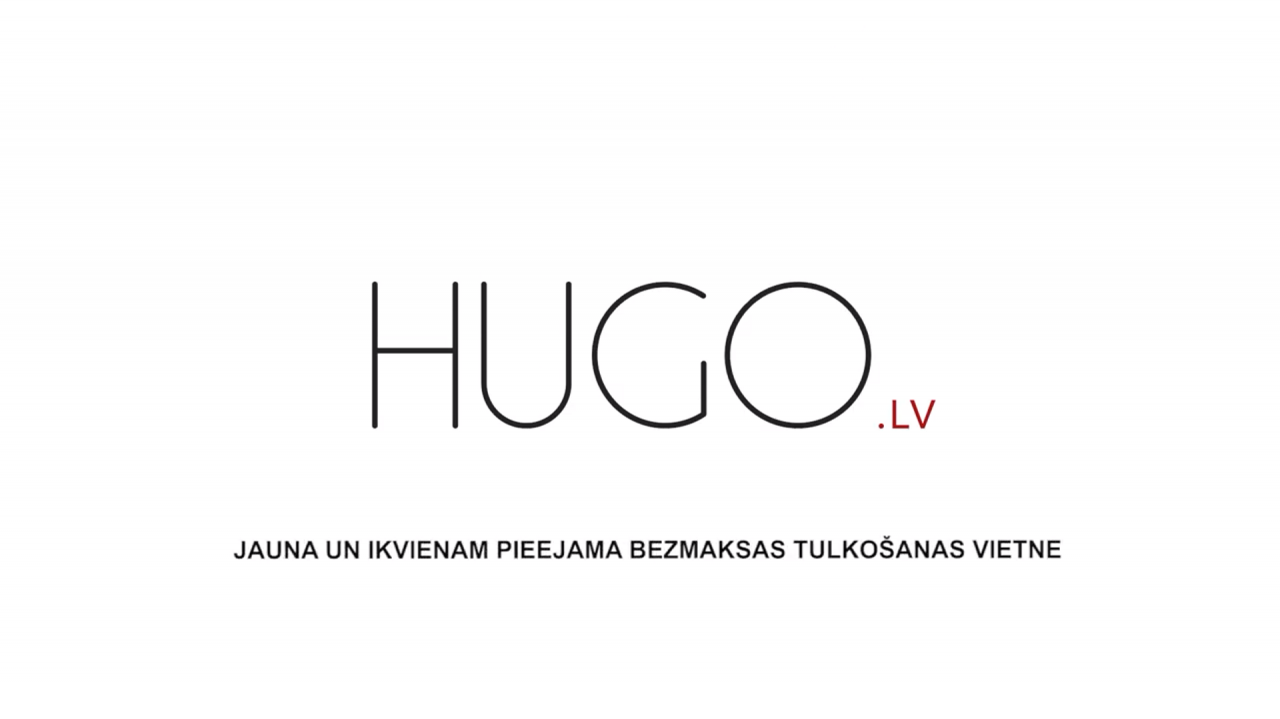Hugo.lv, the state administration’s machine translation platform, provides freely accessible technology to any Latvian resident. Users can automatically translate documents, read web pages, use e-services and access legislation in their chosen language. During the project, Hugo.lv has been adapted to the needs of visually impaired people and dyslexics, introducing Latvian speech recognition and speech synthesis. This function enables speech to be converted into written text and written text into voice output. A transcription tool is another speech technology solution designed to improve the state administration system. It facilitates the task of recording and transcribing meetings and allows individual speakers to be identified and marked in the recording.
For three consecutive years, Hugo.lv 's machine translation engine has won the WMT international machine translation competition, surpassing solutions offered by other global players. This new platform has made Latvia Europe’s leader in the use of language technologies to digitalise the state administration. The project was developed by the Culture Information Systems Centre in cooperation with the company, Tilde.
Machine can speak in Latvian
With steady development of voice technologies, Hugo.lv incorporates the latest speech recognition and synthesis tools. Speech Recogniser enables the conversion of speech into text from a pre-recorded audio file or dictated text. Voice synthesis enables the user to pronounce written text aloud. These tools not only increase productivity, but also enable people with visual impairments or dyslexia to access information resources on the internet and use various e-services.
A chance for anybody to participate in creating new words in Latvian
In this project, the largest Latvian terminology databawse has been developed, titled “Latvian National Terminology Database”. It contains more than 400 000 terms of sections. Database is available here (in Latvian) - termini.gov.lv. The largest number of terms refer to information technology, education, arts and culture, as well as the military industry.
The database will ensure a common use of terminology in the public administration and will allow citizens to familiarise themselves with the correct use of terms. In addition, the website will also allow citizens to participate in the creation of new Latvian terminology by voting for new variants proposed by terminologists.
